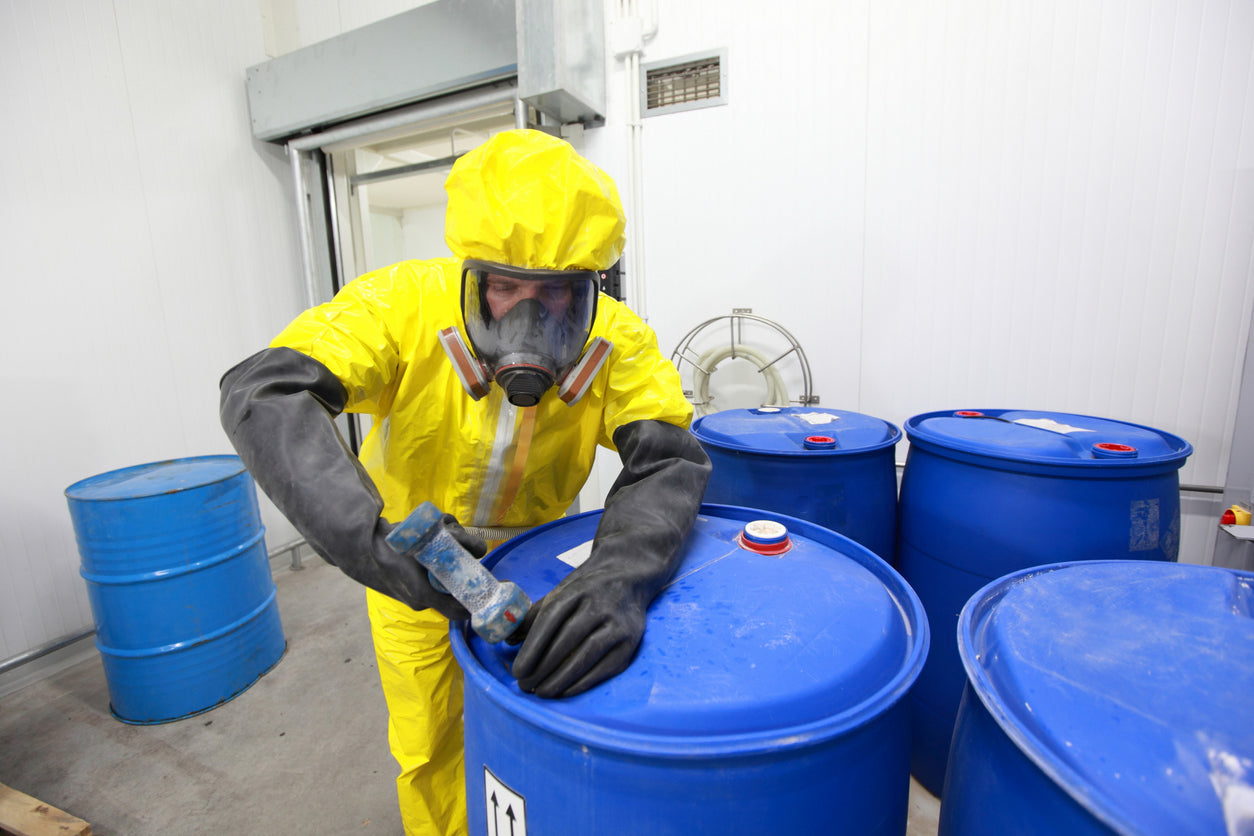Introduction
Chemical exposure in the workplace poses a significant threat to hand safety. Chemical resistance work gloves are the frontline defense, safeguarding against corrosive substances. In this guide, we'll unravel the complexities of choosing, using, and maintaining chemical resistance work gloves to ensure optimal protection for your hands.
Understanding Chemical Resistance Ratings
Decoding Safety: Chemical Resistance Standards
Chemical resistance gloves are subject to rigorous standards. We'll delve into the primary standards such as EN 374 and ANSI/ISEA 105, deciphering the codes and classifications that indicate the gloves' protective capabilities against various chemicals.
Matching Gloves to Chemicals: A Compatibility Guide
Different gloves offer different levels of resistance to specific chemicals. We'll provide a comprehensive guide on matching glove materials, such as nitrile, latex, and neoprene, to the types of chemicals encountered in your work environment.
Selecting the Right Chemical Resistance Gloves
Types of Chemical-Resistant Gloves
Chemical resistance gloves come in various types, each tailored for specific tasks. We'll explore the differences between disposable and reusable gloves, as well as considerations for glove thickness and cuff length.
Assessing Fit and Comfort
A proper fit is crucial for the effectiveness of chemical-resistant gloves. We'll guide you through measuring your hand, understanding size charts, and considerations for comfort, ensuring your gloves provide both protection and dexterity.
Proper Glove Usage and Care
Putting On and Removing Gloves: Best Practices
Improper glove usage can compromise safety. We'll provide a step-by-step guide on correctly putting on and removing chemical resistance gloves, minimizing the risk of contamination or exposure.
Extended Use and Reusability
Understanding the limitations of chemical resistance gloves is vital. We'll discuss factors influencing the reusability of gloves and provide insights into when disposal is necessary to maintain optimal protection.
Maintaining Glove Integrity
Cleaning and Storage: Prolonging Glove Lifespan
Regular cleaning and proper storage are essential for extending the lifespan of chemical-resistant gloves. We'll outline effective cleaning methods and storage practices to ensure your gloves remain in top-notch condition.
Inspecting for Wear and Tear
Regular inspections are your first line of defense against compromised gloves. We'll provide a checklist for inspecting gloves, emphasizing signs of wear and tear that could render them ineffective.
Industry-Specific Considerations
Specialized Gloves for Unique Challenges
Certain industries demand specialized features. We'll explore industry-specific considerations, such as gloves for handling acids, oils, or solvents, ensuring your choice aligns with the specific challenges of your workplace.
Conclusion
Navigating the realm of chemical resistance work glove usage is a critical aspect of workplace safety. By understanding standards, selecting the right gloves, using and maintaining them correctly, you empower yourself to handle hazardous substances with confidence, knowing your hands are well-protected.
Frequently Asked Questions (FAQs)
-
Can I reuse disposable chemical-resistant gloves?
In some cases, disposable gloves may be reused if they are not damaged and have been properly decontaminated. However, it's crucial to follow guidelines and industry best practices.
-
How often should I replace chemical-resistant gloves?
The replacement frequency depends on factors such as the type of chemicals handled, frequency of use, and signs of wear. Regular inspections are key to determining when replacement is necessary.
-
What if I experience discomfort with my chemical-resistant gloves?
Discomfort may indicate an improper fit or a need for gloves with different materials. Consider trying different sizes or types of gloves to ensure both comfort and protection.
-
Are there gloves that provide protection against multiple chemicals?
Some gloves offer broad-spectrum protection, but it's crucial to check the manufacturer's specifications and ratings to ensure compatibility with the specific chemicals you encounter.
-
Can I use chemical-resistant gloves for tasks other than handling chemicals?
While chemical-resistant gloves are designed for specific tasks, they may not provide the necessary protection for non-chemical-related activities. It's essential to use gloves appropriate for the intended task.

